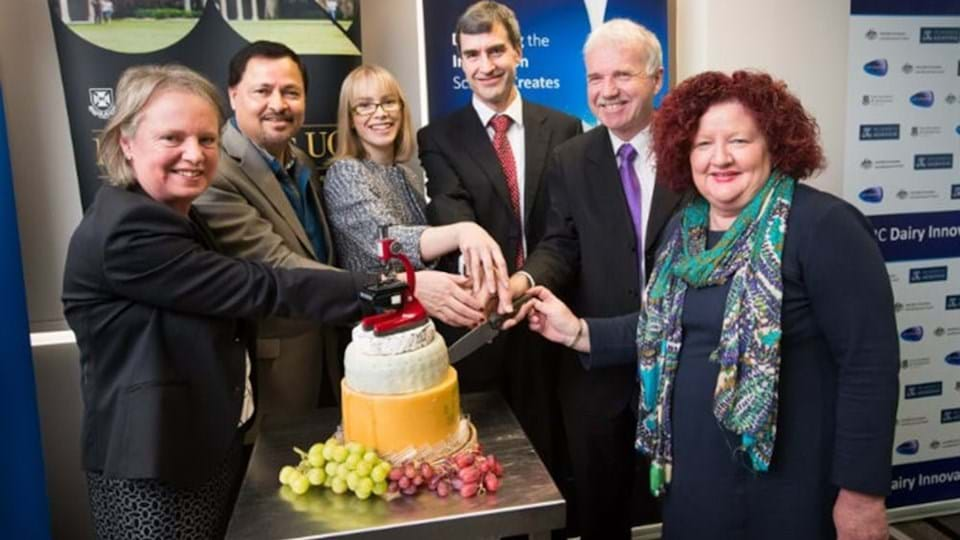Day 78: Making food last longer

13th August 2014
Author: Geoff Maitland, IChemE President 2014–2015.
Globalisation has created opportunities for many industries, but the growth of some fast moving consumer goods (FMCG) - especially fresh foods - continue to be limited by their relatively short shelf lives.
For some countries, like Australia, it places an unwelcome cap on their exporting potential and economic growth.
For nations with burgeoning populations, especially in South East Asia, the scope and volume of 'fresh' food imports can be constrained and place additional burdens on 'home-grown' food supplies.
Putting aside the negatives of 'food miles' and transporting food over vast differences, the ability to move large volumes of food to areas of high and growing populations is an attractive proposition to many economies, and probably a necessity if those populations are to remain sustainable.
It's an opportunity Australia are keen to exploit and last month it announced plans for a new research hub to develop the exporting potential of the country's dairy industry.
The ARC Dairy Innovation Hub has ambitious plans including the development of longer-lasting dairy products for the home and export market.

The Hub is a partnership between the University of Queensland, the University of Melbourne, the Australian Research Council and Dairy Innovation Australia. It will seek to build on the two billion dollars dairy manufacturing industry in Australia.
The hub’s five year research program will address some of Australia’s major dairy research and technical challenges, including:
- Extending shelf life
- Waste reduction
- Energy and water saving
- Optimisation of co-products
- Processing efficiency
The Dairy Innovation Hub will also look at product development to support growth based on product features and values including:
- Diversity of flavour
- Low fat
- Low salt
- Affordable nutrition
- Fresh and natural tastes
Leading the Hub’s Process Innovation theme - one of six themes including Microstructure, Concentrates, Ingredients, Biocontrol and Quality - is The University of Melbourne’s head of chemical and biomolecular engineering, professor Sandra Kentish and the department’s professor David Dunston.
Their chemical engineering talent will look at new separation technologies and methods for prevention of equipment fouling. This includes scoping studies of separation technologies not previously applied to dairy streams such as capacitive deionization and membrane distillation for recovery of salt and charged proteins from dairy solutions.
In addition, novel approaches to salt reduction and removal of lactic acid through advanced nanofiltration technology and electrodialysis will also be studied and its success is expected to reduce the cost of waste disposal and provide new opportunities for water recycling.
Successful examples of industry, academia and government working together to drive forward change and innovation are always welcome and the Dairy Innovation Hub is a great example of this.
But it's worth noting that chemical engineers sit at the heart of many of the innovation processes needed for economic growth, on a national and international scale, which is why the skills of chemical engineers continue to be in huge demand.
ChemEng365 blog
Geoff Maitland launched this blog during his IChemE presidency in 2014. ChemEng365 features 365 chemical engineering successes and achievements throughout his year-long presidency.